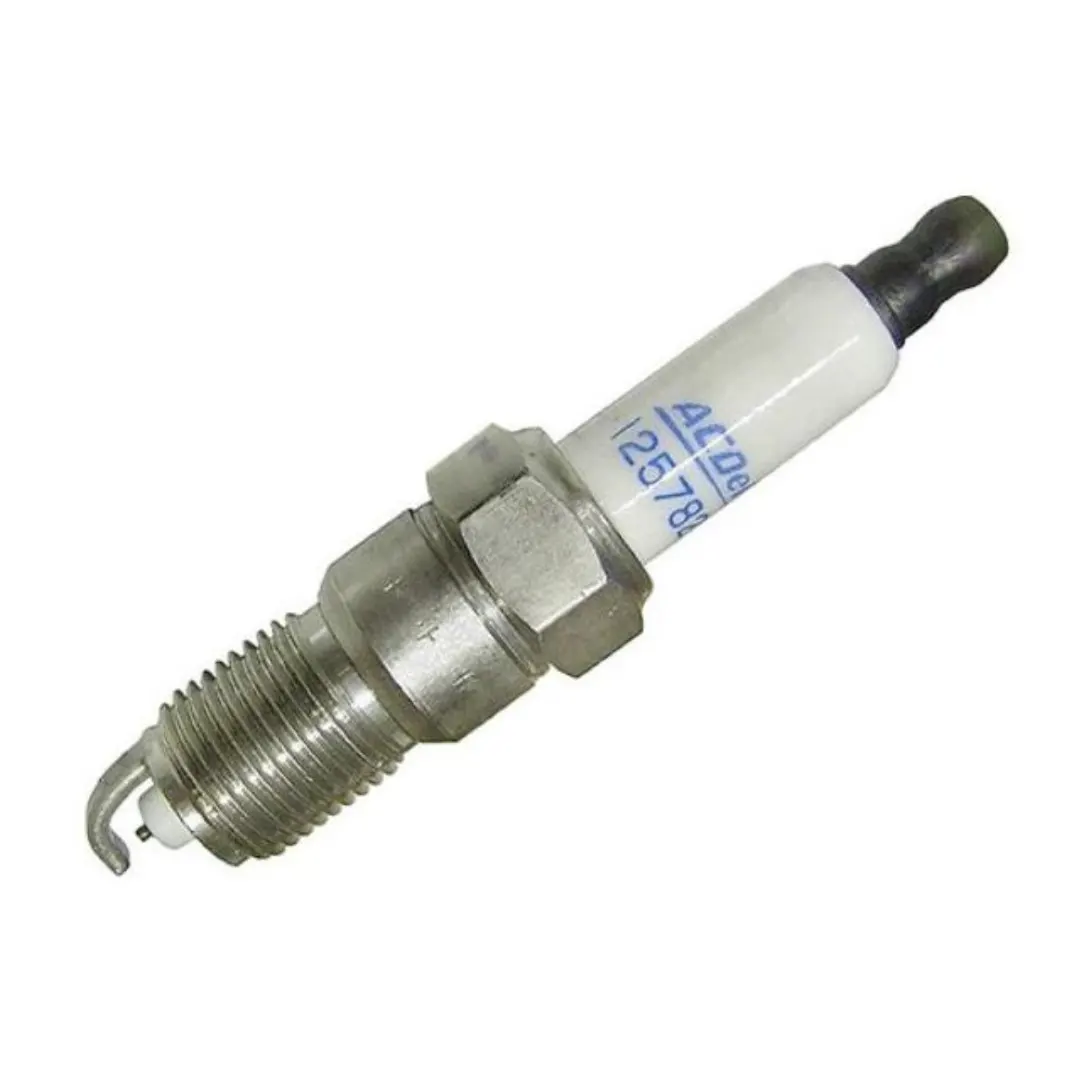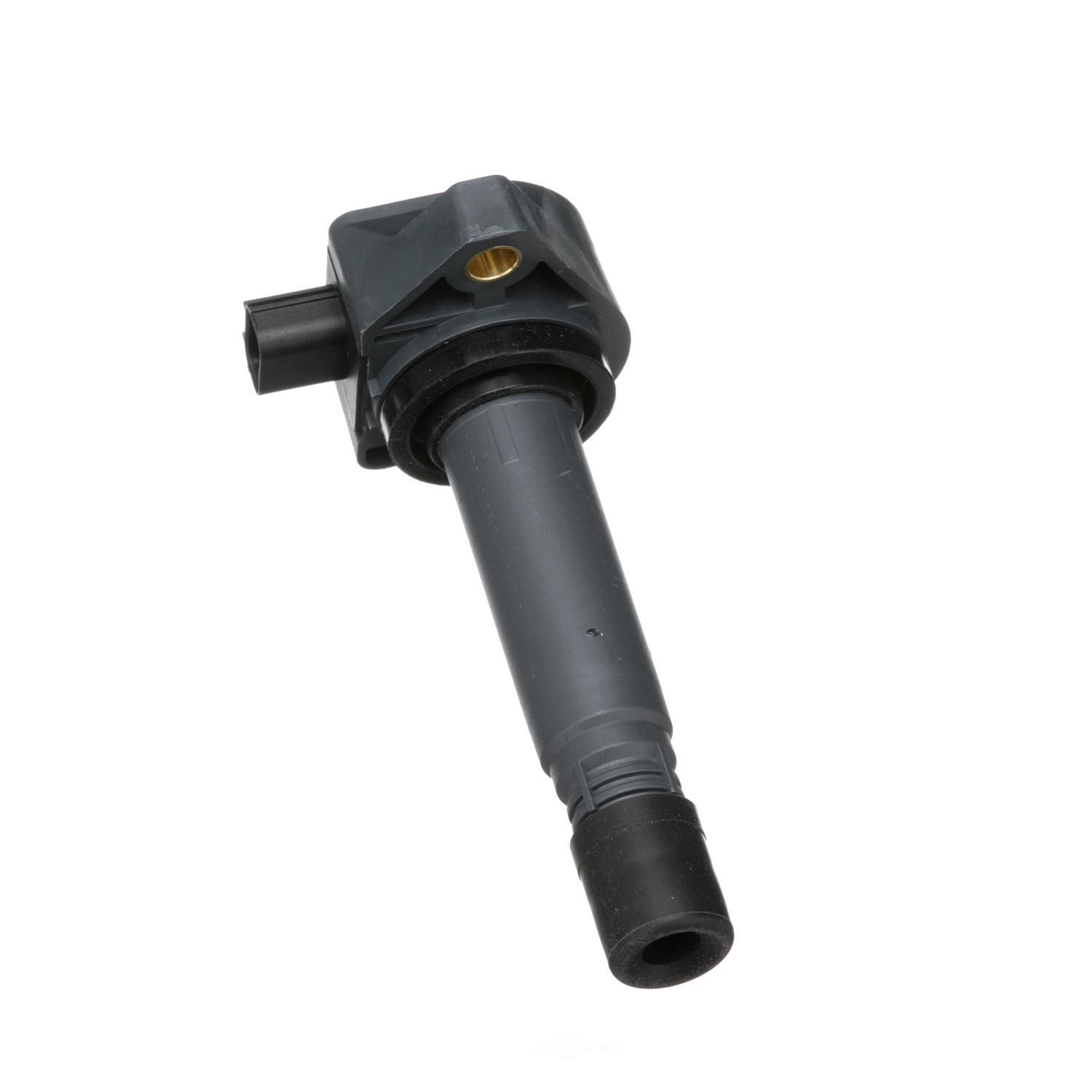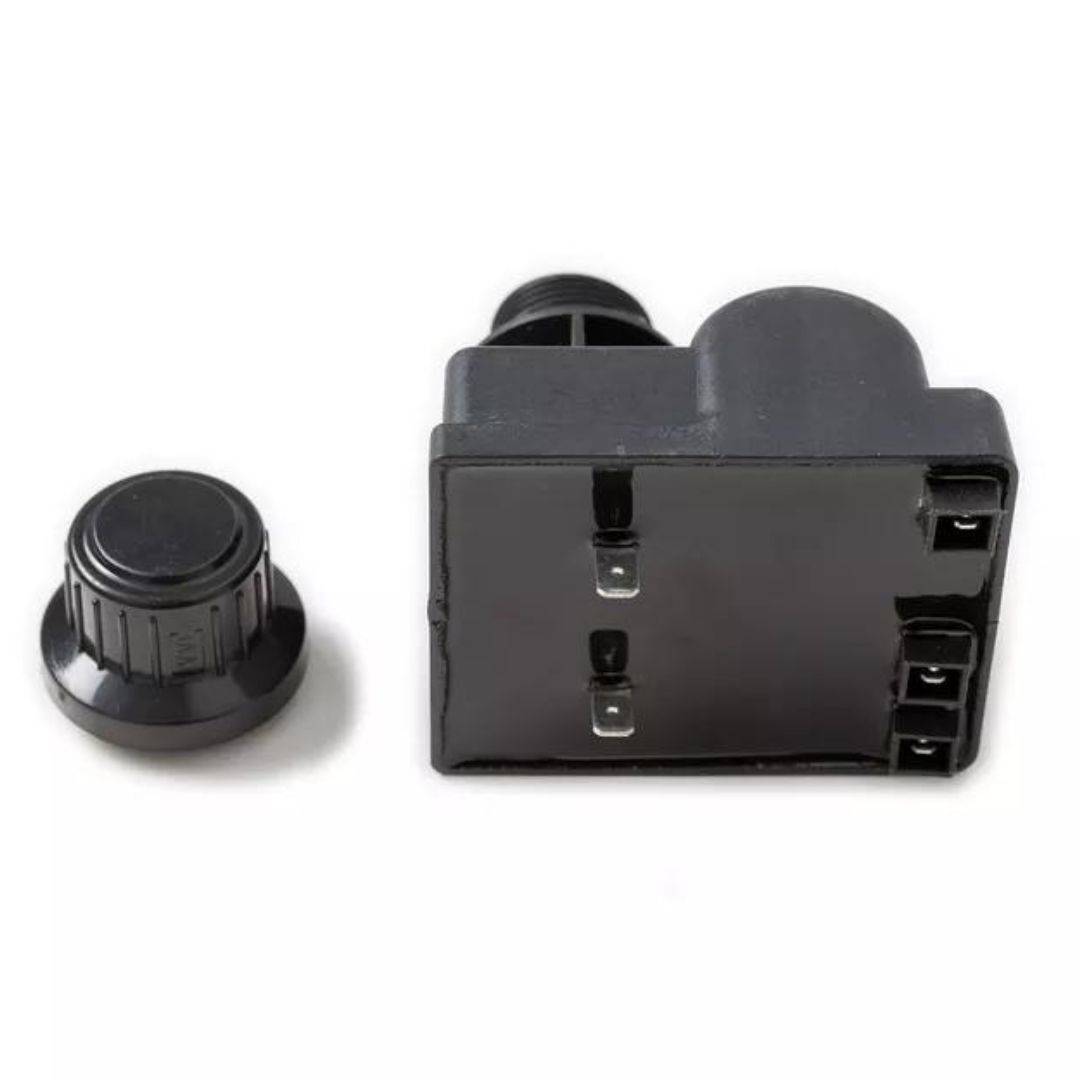
Ignition System: Understanding Its Components, Spark Plugs, and Tune-Up Importance
The ignition system is a vital component of your vehicle that ensures proper combustion in the engine. It consists of various parts working together to create a spark that ignites the air-fuel mixture. In this article, we will explore the components of the ignition system, the different types of spark plugs, how the system works, and the importance of regular tune-ups.
Components of the Ignition System:
• Battery: The battery provides electrical power to the ignition system.
• Ignition Switch: The ignition switch activates the entire system when you turn the key or press the start button.
• Ignition Coil: The ignition coil transforms low-voltage electricity from the battery into high-voltage current needed to create a spark.
• Ignition Wires: Ignition wires are electrical cables that carry high voltage from the ignition coil to the spark plugs. They help ignite the air-fuel mixture in the engine cylinders.
• Distributor Cap: The distributor cap is a cover located on top of the distributor. It has contacts connected to the spark plug wires. As a rotor spins inside the cap, it makes contact with these contacts, sending high voltage to the spark plugs in the correct order.
• Ignition Rotor: The ignition rotor is a rotating arm inside the distributor cap. It transfers high voltage from the ignition coil to the appropriate contact points in the cap. As it spins, it delivers voltage to each spark plug wire.
• Distributor (or Ignition Module): In older vehicles, the distributor distributes high-voltage current to each spark plug at the correct time. Newer vehicles often use individual coil packs or direct ignition systems.
• Spark Plugs: Spark plugs are crucial for creating sparks that ignite the air-fuel mixture in each engine cylinder. They consist of an insulated center electrode and a ground electrode.
Please note that modern vehicles may use different ignition systems.
Types of Spark Plugs:
• Copper Core: Copper core spark plugs offer good performance and are commonly used in older vehicles. However, they require more frequent replacement.
• Platinum and Iridium: These types of spark plugs have longer lifespans and provide better performance. They are often used in modern vehicles and require less frequent replacement.
Importance of Regular Tune-Ups:
Regular tune-ups are essential for maintaining an efficient and reliable ignition system. Here's why they are important:
• Improved Performance: A properly tuned ignition system ensures optimal combustion, leading to better acceleration, fuel efficiency, and overall engine performance.
• Extended Component Lifespan: Regular maintenance helps identify issues early on, preventing further damage that could affect costly ignition system components like coils or spark plugs.
• Enhanced Fuel Economy: A well-tuned ignition system promotes efficient combustion, which can result in improved fuel economy over time.
• Emission Control: Proper combustion reduces harmful emissions, making your vehicle more environmentally friendly.
During a tune-up, a qualified mechanic will inspect and potentially replace worn-out spark plugs, check ignition timing, evaluate ignition cables or wires for damage, and perform any necessary adjustments to ensure your ignition system operates optimally.
The ignition system is crucial for starting your vehicle and ensuring proper combustion in each cylinder. Understanding its components, such as spark plugs and coils, along with regular tune-ups, can help maintain optimal performance and extend component lifespan.
 Loading . . .
Loading . . .




